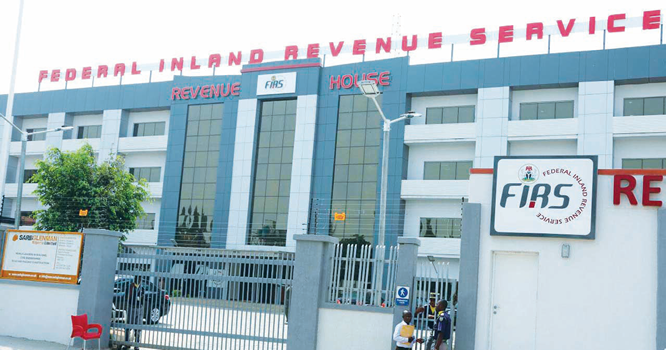
The Federal Inland Revenue Service (FIRS) has announced that Nigerian Telecommunications frontline companies, MTN and Airtel as well as Deposit Money Banks (DMBs) will now be saddled with responsibility to withhold value added tax (VAT) charged on all taxable supplies made to them which will subsequently be remitted to the Federal Government’s account. The new policy will be effective by January 2023.
The VAT that will be witheld by these companies are to be remitted to the FIRS on or before the 21st day of the month immediately following the month the tax was withheld, in the format prescribed by the service.
In a public notice FIRS released on Monday and signed by Muhammad Nami, the FIRS executive chairman, the role of the selected companies as well as the obligations of their suppliers with regards to the withholding of VAT were addressed. The public notice read as thus:
Register for Tekedia Mini-MBA edition 19 (Feb 9 – May 2, 2026): big discounts for early bird.
Tekedia AI in Business Masterclass opens registrations.
Join Tekedia Capital Syndicate and co-invest in great global startups.
Register for Tekedia AI Lab: From Technical Design to Deployment (next edition begins Jan 24 2026).
“This notice is given to all persons carrying on trade, profession or business of any kind, tax practitioners and the general public that, with effect from 1st January, 2023; in line with the provisions of section 14(3) of the value added tax act cap. V1 LFN 2004 (as amended), the following companies are appointed to withhold or collect VAT charged on all taxable supplies made to them: MTN; Airtel; and all money deposit banks—as defined by the CBN guidelines,” the notice reads.
“The companies shall remit the tax withheld or collected, in the currency of transaction, to the service on or before the 21st day of the month immediately following the month the tax was withheld or collected,” the notice reads.
“The tax withheld or collected under this notice shall be remitted in the format prescribed by the service but separately from VAT due on the companies’ taxable supplies.”
The FIRS further explains that a supplier whose output tax is withheld, as provided in the notice, “may deduct the input tax paid on the goods purchased or imported to make the taxable supply from the output tax collected on other taxable supplies”.
“And where the input tax paid to make the supply is not fully recovered from the output tax on other taxable supplies, the balance is refundable to the supplier; provided that a supplier who is entitled to a refund may utilise the amount refundable to offset future VAT liability or request for a cash pay-out.” FIRS added.
The revenue agency of the Federal Republic of Nigeria assured that adequate measures have been put in place to ensure prompt payment of refundable input tax under the new arrangement. It also said input tax claims, which include refunds, are subject to the limitations imposed by section 17(2)(a) of the VAT act.
Section 17(2)(a) of the VAT act states that, “input tax on any overhead, service, and general administration of any business which otherwise can be expanded through the income statement (profit and loss accounts) shall not be allowed as deduction from output tax”.
According to the PricewaterhouseCooper (PWC Nigeria), cited in news article by the Cable, under the withholding VAT rule, customers will be required to pay the vendor net of VAT while the VAT is remitted directly to the FIRS as against the supplier or service provider charging VAT on their invoice which is to be paid by the customer along with the price of the good or service for onward remittance to the FIRS. PWC Nigeria was reported to have said customers of MTN, Airtel and banks will not be affected, and the prices of telecom and banking services should remain the same.
“VAT is administered by FIRS at a charge rate of 7.5 percent. It (FIRS) transfers the generated revenue from the tax paid to the three levels of government via the federation accounts allocation committee (FAAC)” the cable reported.




What are the implications for the Telcos and banks? Kindly explain in layman terms.